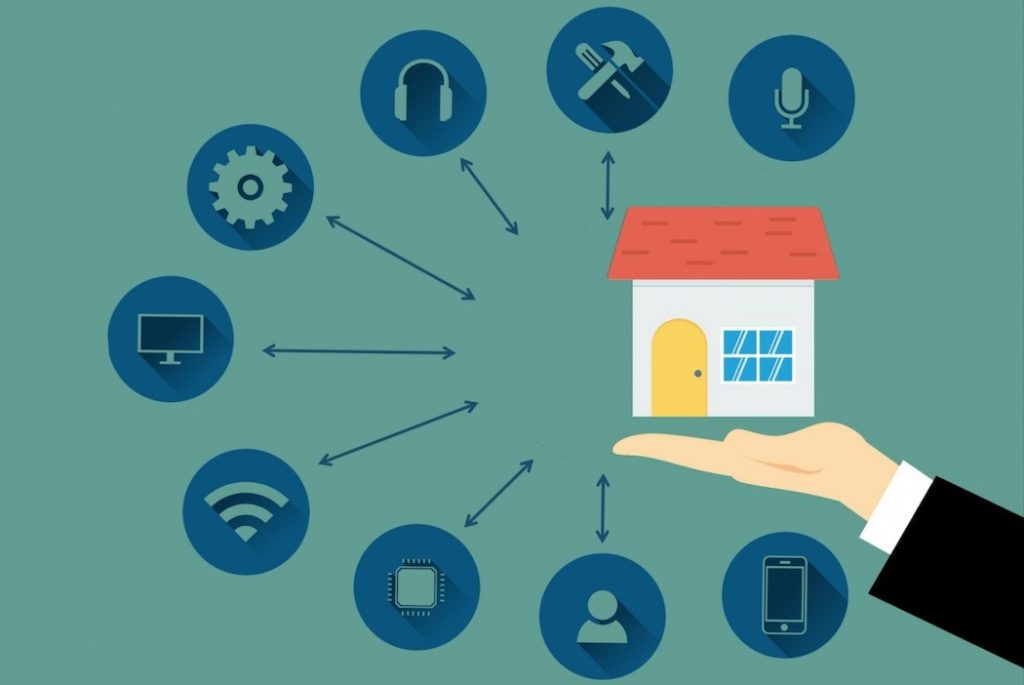The Pros And Cons To A Smart Home

One of the easiest and most inexpensive upgrades you can add to your home is making your home smart. Automated appliances, thermostats, security, and other features can add us much as 5% to your home’s value. On a $500,000 home, that’s a whopping $25,000, just for a few small investments.
As with everything, there are pros and cons to having a smart home. They aren’t for everyone, but they are helpful to many.
Pros:
Security – In days past, leaving home sometimes meant leaving lights on all day long, just so your home looked occupied in the evening. With smart homes, though, you can automate everything, including light switches and even blinds. You might not be home, but thanks to automation, it can definitely look like you are. You can also monitor your home while you’re away, and with a smart camera and doorbell, talk to visitors without letting them know you aren’t home.
Convenience – Start your coffee pot before your alarm goes off; turn up the thermostat before you get out of bed; unlock your door for your housekeeper from your desk at work. Smart home technology can do all of that and more.
Save Money – You can save money and energy by turning on appliances only when you need them. Smart homes can learn your schedule, or you can program them to suit your needs. On average, a smart home can save you between 10-15% on your utility bills.
Cons:
Privacy – Smart homes come with privacy concerns. Companies may sell data to advertisers, and in theory, your data could be turned over to law enforcement or the government.
Cost – Smart appliances can be costly. While many items will pay for themselves over time, the initial outlay can be costly.
Installation – Unless you are handy, and have time on your hands, you might have to hire someone to install your smart home.